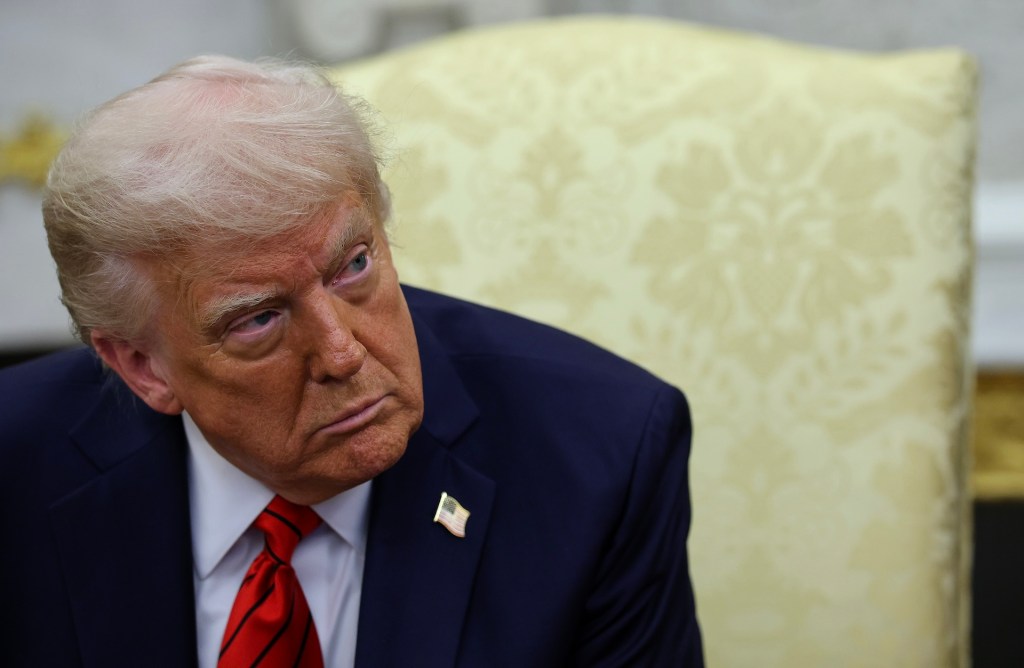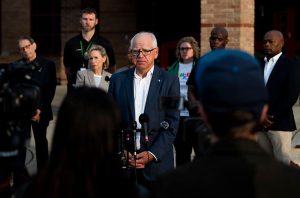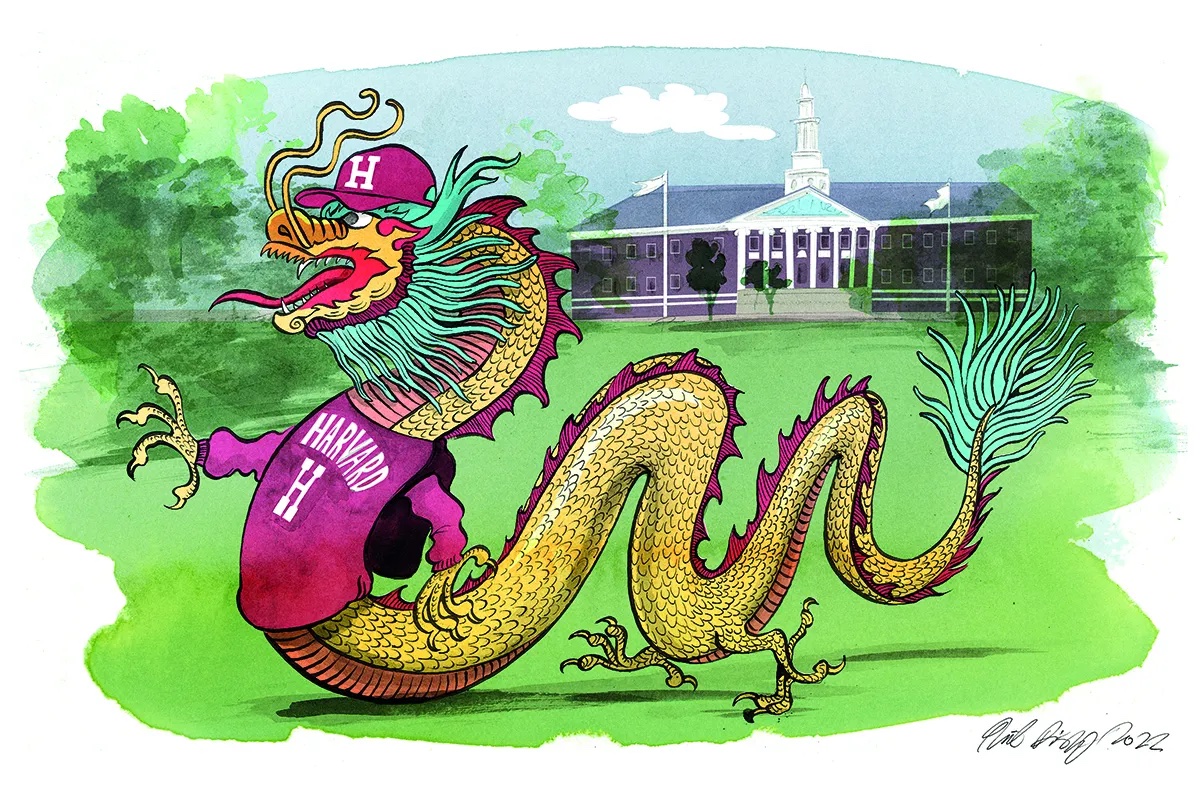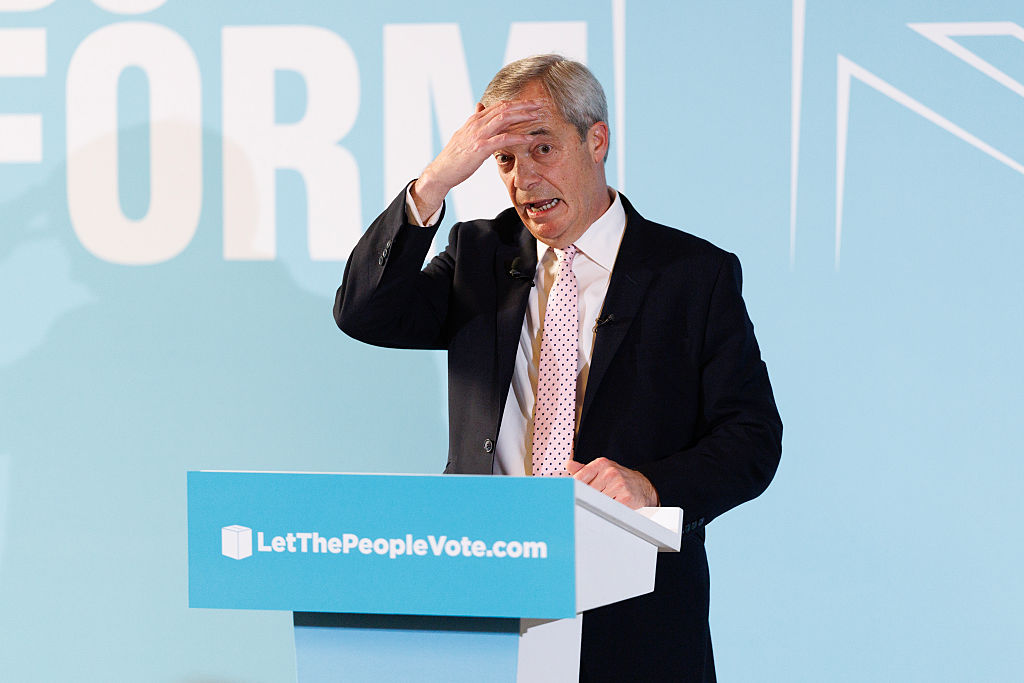A deal will be worked out with China to reduce the tariffs. The chairman of the Federal Reserve won’t be fired. Over the past 24 hours, President Trump has softened his stance on two key planks of his economic policy. It is not hard to work out why. For all the bluster, Trump is ultimately a pragmatist – and that makes him a president the financial markets will live with.
The financial markets have soared today, and the dollar has recovered, while gold, the safe haven in troubled times, has dropped by $100 an ounce. The reason? A dramatic shift in American policy. In China, the escalating trade war had reached the point where there was an effective blockade on trade between the world’s two largest economies, with US tariffs hitting 145 percent on Chinese goods, and US exports in the other direction facing levies of 125 percent.
But at a press briefing last night Trump conceded that could not last. Tariffs will “come down substantially, but it won’t be zero.” Likewise the Fed Chairman Jay Powell, who the President described as a “major loser” at the start of the week, won’t be fired. Both are significant concessions. In reality, bringing trade with China to a complete and sudden stop would hamper American industry, which relies on it for parts and materials, and send inflation spiraling upwards. Likewise, firing the head of the world’s most important central bank for refusing to cut interest rates would have trashed the dollar and Treasury bills, and plunged the financial system into chaos. On both issues, the President has walked to the cliff edge, peered into the abyss and taken a step back.
That tells us something important. Ultimately, President Trump is a pragmatist, not an ideologue. A revolutionary president would have stuck with huge tariffs on Chinese imports, even if it meant a rough few years during which American companies learned how to make stuff again. He would have sized control of the central bank, printing money by the barrow if he needed to. Trump shied away from both moves. In reality, if the market reaction is severe enough he will shift his stance. After all, over the start of this week, it became painfully clear how dangerous both policies were proving. According to Bespoke Research, the performance of US stocks under Trump 2.0 was the worst for the first three months of a presidency since 1928 (the next worst was the 9 percent drop in the S&P500 in the first three months of Franklin Roosevelt’s third term in 1941 when, come to think of it, there was a lot of bad stuff happening in the world). That was enough to force a shift in policy. Trump might be bold, and often reckless. But he does listen to what the markets are saying – and that makes him a president that investors can work with.

























